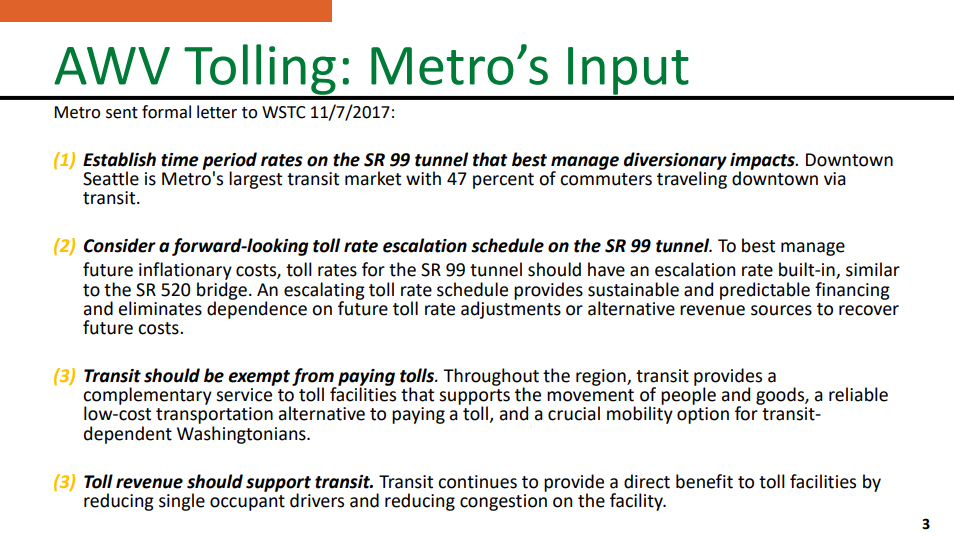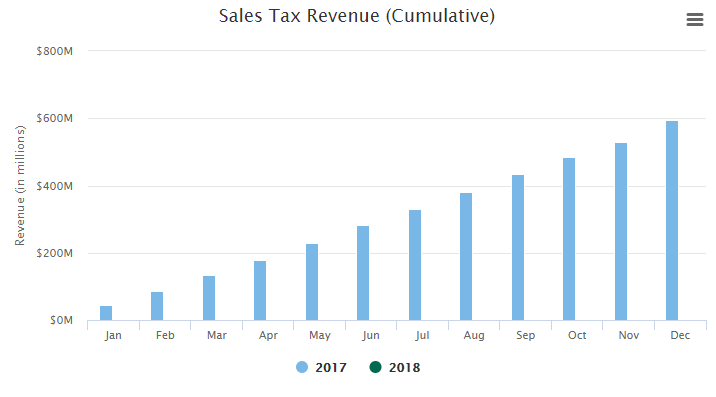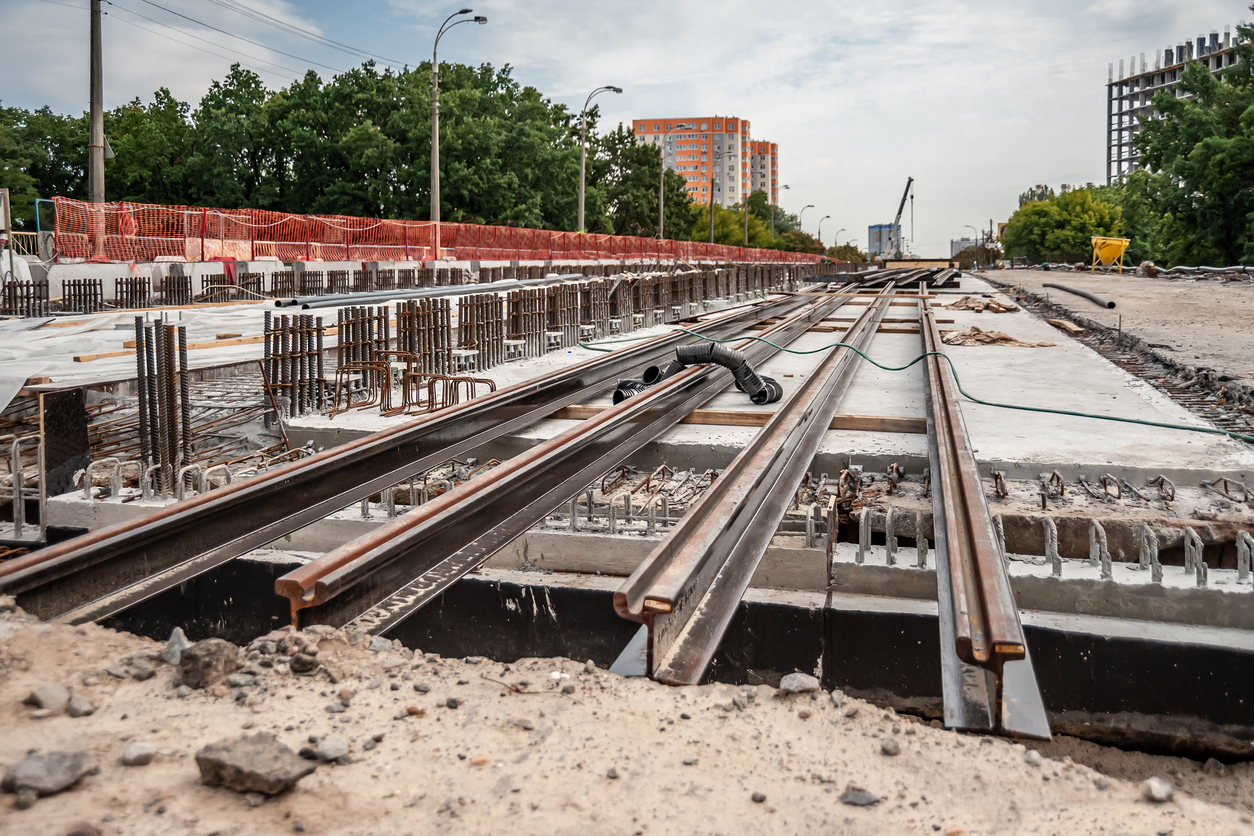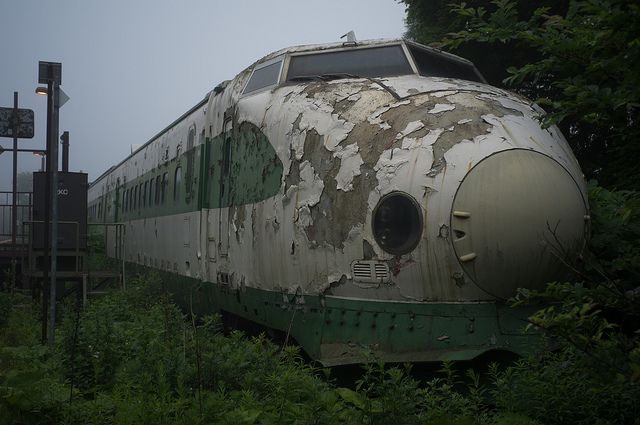King County Metro took $594M in taxes last year, but wants more money from drivers
In a presentation to the state’s Transportation Commission about toll options on the new SR 99 tunnel, King County Metro officials said they want more money from drivers to boost transit spending.


None of this is a surprise, but the second, third and fourth requests stand out.
In their second point, Metro is asking for tolls that will continually and automatically increase, so that government officials do not have to ever ask the public’s permission for more money. The Transportation Commission agrees with Metro on this point, recommending an automatic 3% increase in the toll rate every three years beginning in July 2022.
Further, while this makes some sense, Metro wants to continue their favored status (they don’t pay gas taxes or tabs, either) and be exempt from paying tolls in the tunnel. The Transportation Commission seems to agree here as well, and is considering toll exemptions for buses, as well as emergency vehicles, rideshare vans, and incident response and maintenance vehicles.
Lastly, Metro argues that toll revenue should be diverted from drivers to “support transit,” because “transit continues to provide a direct benefit to toll facilities by reducing single occupant drivers and reducing congestion on the facility.” This request is particularly dishonest and greedy.
First, using Metro’s logic, transit has benefited from highway capacity improvements, road repairs, AWV mitigation money, state and federal grants from the Highway Trust Fund and exemptions from paying any state taxes. Yet Metro doesn’t offer revenue to support road repair.
Second, diverting money from drivers to transit raises significant philosophical problems of equity and fairness. Money from tolls should be spent only on the same facility in which tolls were collected. The money should first go toward paying off debt and then to maintaining the new facility (in this case, the tunnel). Fortunately, the Commission is not in agreement with Metro, recommending that tolls be spent on repaying the $200 million borrowed to build the tunnel, on tunnel operations and maintenance ($170 million), and on the costs associated with collecting the tolls.
Third, transit use does not provide “direct benefits" to drivers. Direct benefits include safety improvements, road repairs and new capacity that reduces congestion for all trips. Even Sound Transit officials and boosters know and admit that their services do not reduce congestion. There are simply not enough transfers from cars to buses or light rail, with many new light rail users being existing transit users. Besides, if you believe in induced demand, won’t the capacity on roads that transit “saves” by attracting new riders just get filled up with more drivers?
And finally, transit is not underfunded. Sound Transit’s financial plan reflects a collection of $1.3 billion in 2017 from tax revenue (sales, property, and car tab taxes), an increase of 116.6% in five years with the passage of Sound Transit 3 (ST3) in 2016. The agency expects to collect $2.0 billion in 2018.
King County Metro also continues to see ever-increasing money flowing into the agency, collecting $594 million in 2017 in record breaking sales tax revenue, a 45.5% increase in five years since 2012. The agency expects to collect $634 million in 2018.

Source: King County Metro
At the same time, King County officials say they do “not have the revenue to adequately maintain roads in unincorporated areas” of the county, and need $400 million dollars more annually to care for county bridges and roads. Without additional funding for roads, they estimate continued “degradation of assets could result in the closure of about 35 bridges…and approximately 72 miles of failing roadways.” They admit “improvements necessary to address capacity and mobility issues are currently unfunded.”
Yet as roads crumble, County officials want to increase taxes and fees on drivers and divert them to transit, allowing the road system they admit needs major improvements to languish.
The public has until October 2018 to comment on the proposed tolls. The Commission will hold a public hearing and adopt the new SR 99 toll rates on October 16, 2018 in Olympia.






